The music for 'Yes, I Am Blind' was written by former Smiths bassist Andy Rourke in 1989. It is one of only a handful of songs Andy co-wrote with Morrissey. Despite composing the music, Andy Rourke does not play on the studio recording of the song, which was recorded during the Bona Drag sessions at Hook End Manor in the winter of 1989 - 1990. Produced by Clive Langer and Alan Winstanley, the musicians on the track are Kevin Armstrong (guitar), Matthew Seligman (bass), Andrew Paresi (drums) and Steve Hopkins (piano).
The song was released as the B-side to Morrissey's 5th single, 'Ouija Board, Ouija Board' on November 13, 1989.
The song also appears on the 1990 Bona Drag compilation album,
The CD Singles '88–91' from 2000,
as well as The HMV/Parlophone Singles '88-'95 compilation album from 2009.
An introspective and acutely plaintive song, 'Yes, I Am Blind' veers dangerously close to the abyss of nihilism. The song is part lament on Morrissey's inability to perceive anything other than the "bad things" in life, and a study of the inescapable fact that real evil is ascendant (“Evil people prosper over the likes of you and me, always”).
Coupled with the de facto absence of God as evidenced by platitudes such as a God who cares (“You're the one who claims to care”), and by extension a God who loves us being constructively indifferent to the suffering of humanity, the lyrics are a gut-wrenching indictment of both human nature and the relevance (perhaps even the legitimacy) of religion.
The "lamb" referenced in the song ("Little lamb on a hill run fast if you can / Good Christians, they wanna kill you") is a metaphor for innocence and good, which some (though by no means all) of those who profess adherence to organized religion invariably seek to destroy. In this regard, the song is quite personal for the author.
Having been raised in a household that was strictly Catholic (along with schooling that was exclusively Catholic, with both nuns and Christian brothers firmly in charge), he can attest to the brutal truthfulness behind the words of 'Yes, I Am Blind'. Indeed, it is a strange paradox that many of those who profess an adherence to a religion rooted in theological concepts such as compassion, love, and forgiveness lead private lives that are markedly devoid of such inconvenient virtues. It is an unspoken truth that within this milieu, some "Good Christians" will seek the blood of the innocent and the good, whose existence they abhor. Presumably this mind-set is motivated by what the “Good Christians” tacitly recognize as lacking in themselves.
Morrissey is unbowed by the “bad things”, singing of seeking out “Love’s young dream”. The singer rhetorically questions the soundness of his actions (“Are you sorry for what you’ve done?”), but recognizes that it can not be any other way for he can only follow his heart to truly feel alive, thus underscoring the old adage that ‘le cœur a ses raisons que la raison ne connaît point’1.
What is significant in 'Yes, I Am Blind' is the refusal to surrender to nihilism, which would be an understandable reaction to the horrible things Morrissey perceives around him. Despite this awareness - this disquieting understanding - Morrissey doesn’t embark upon the perilous path that Nietzsche warned of2, but rather one that doesn’t yield to the void, remaining almost blithely true to himself come what may.
Listen to ‘Yes, I Am Blind’ here:
‘the heart has its reasons, which reason knows nothing of’ Pascal, Blaise, Thoughts (also called Pascal's Thoughts), an unfinished work first published in 1670.
“He who fights with monsters might take care lest he thereby become a monster. And if you gaze for long into an abyss, the abyss gazes also into you.” -Friedrich Nietzsche, Beyond Good And Evil (1886)




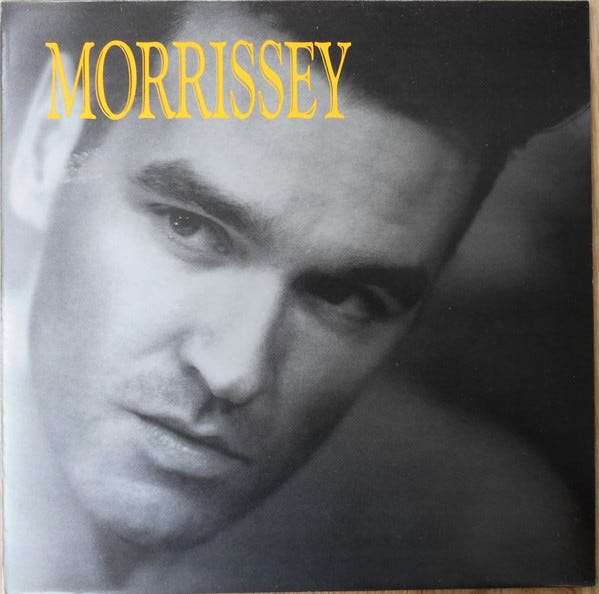
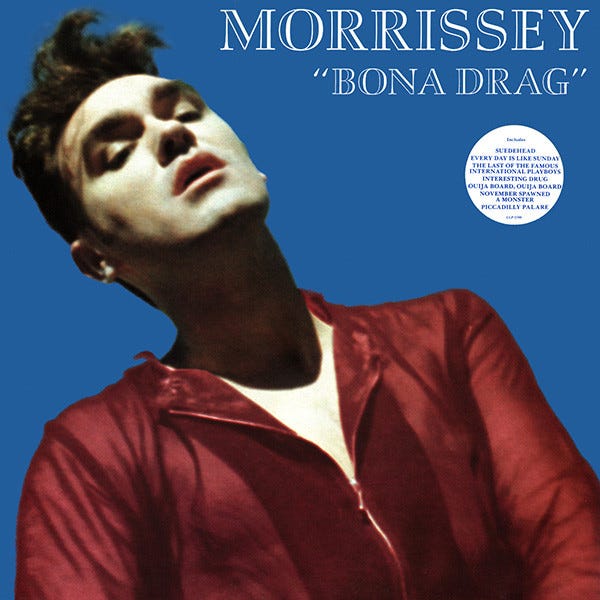
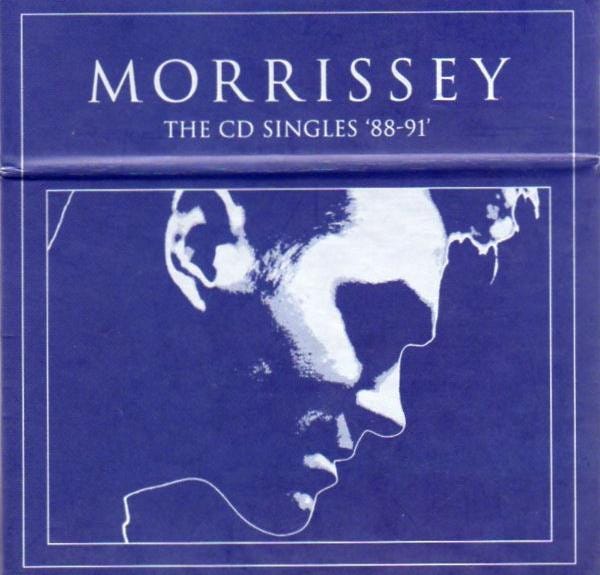
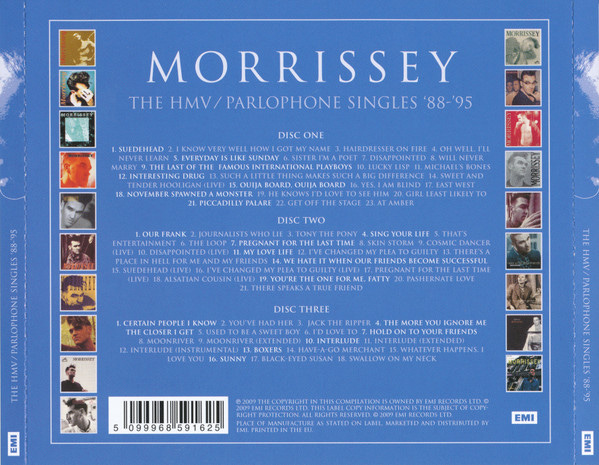
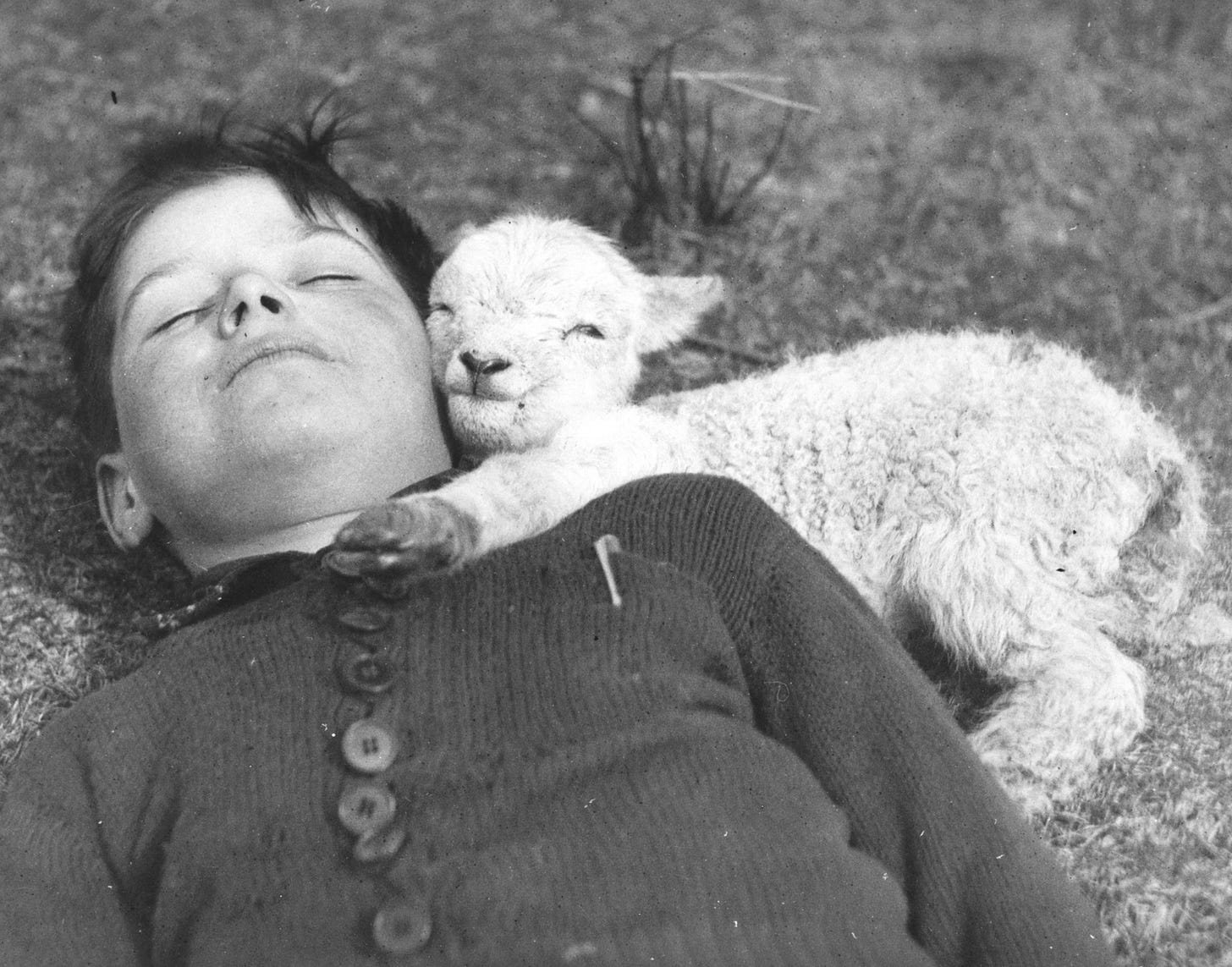
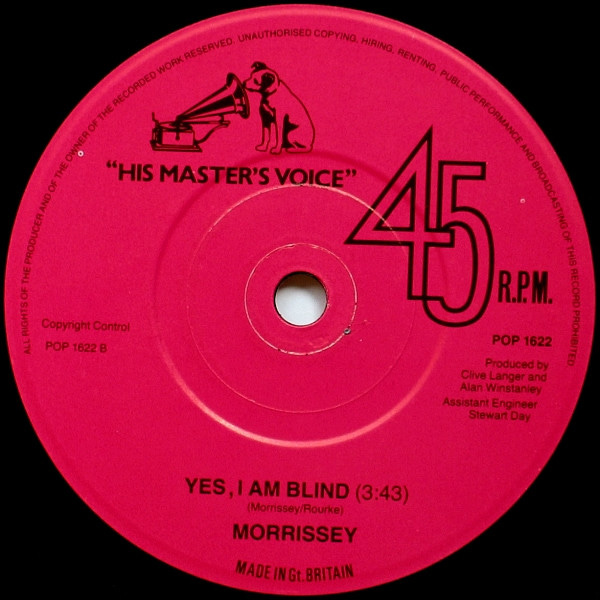
I treasure my white Bona Drag CD. I couldn't do without Lifeguard on Duty.